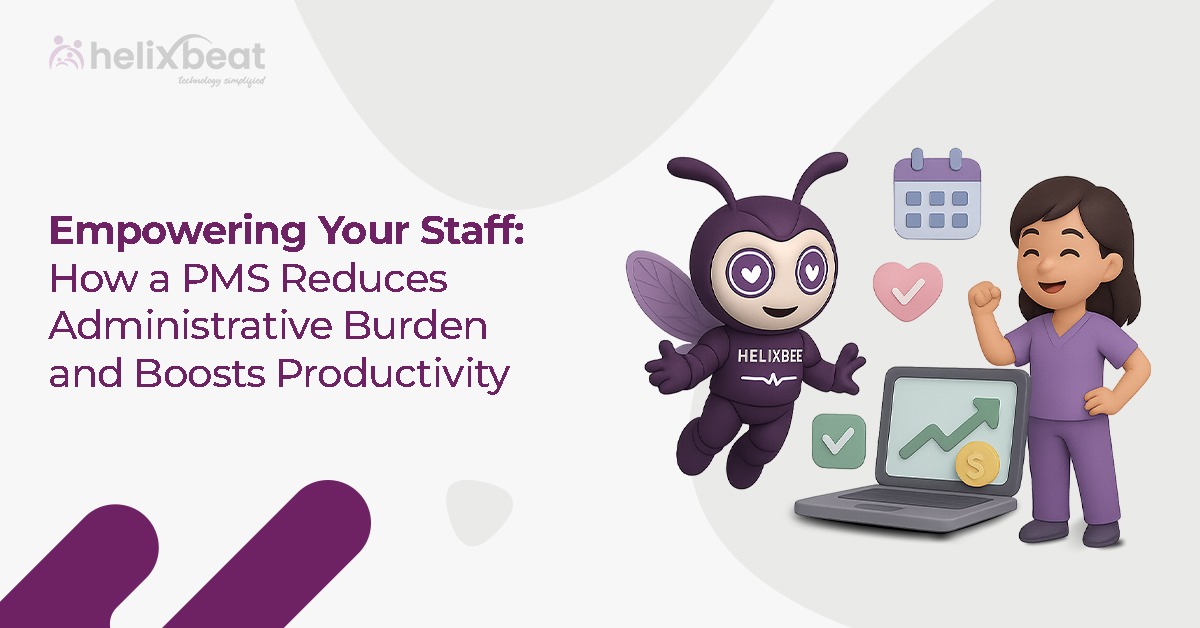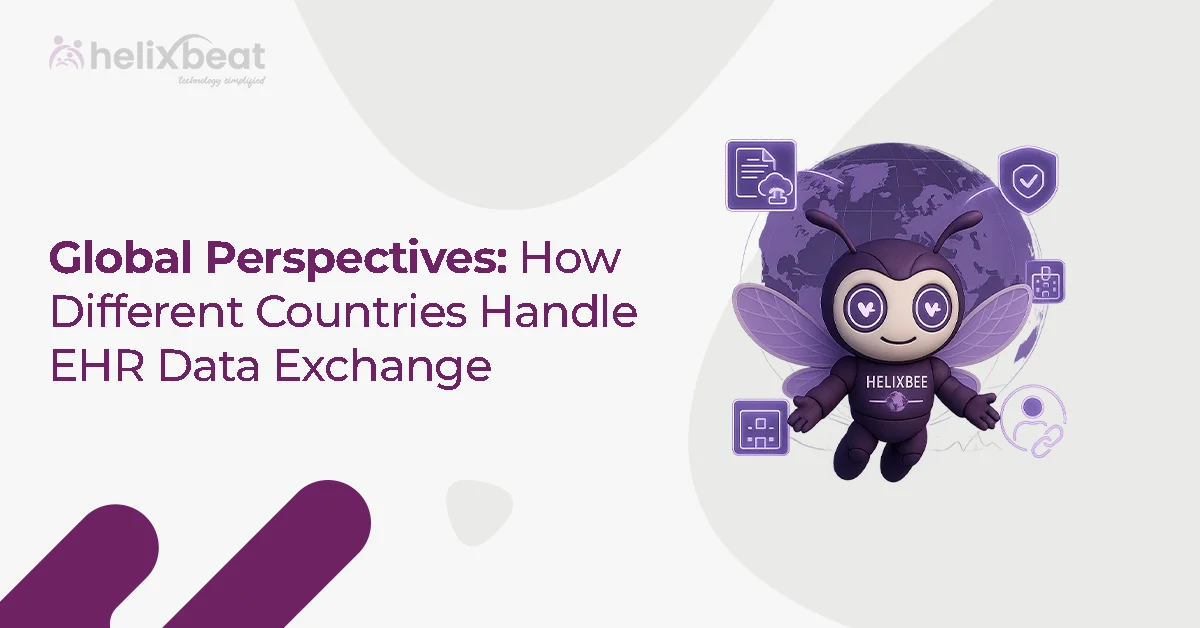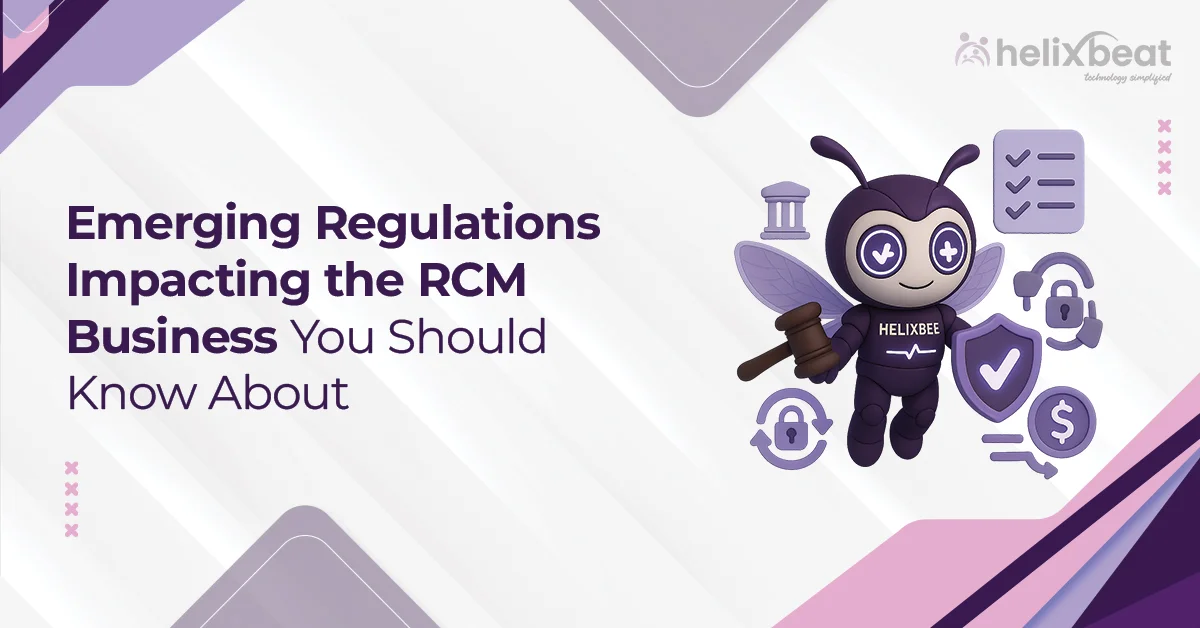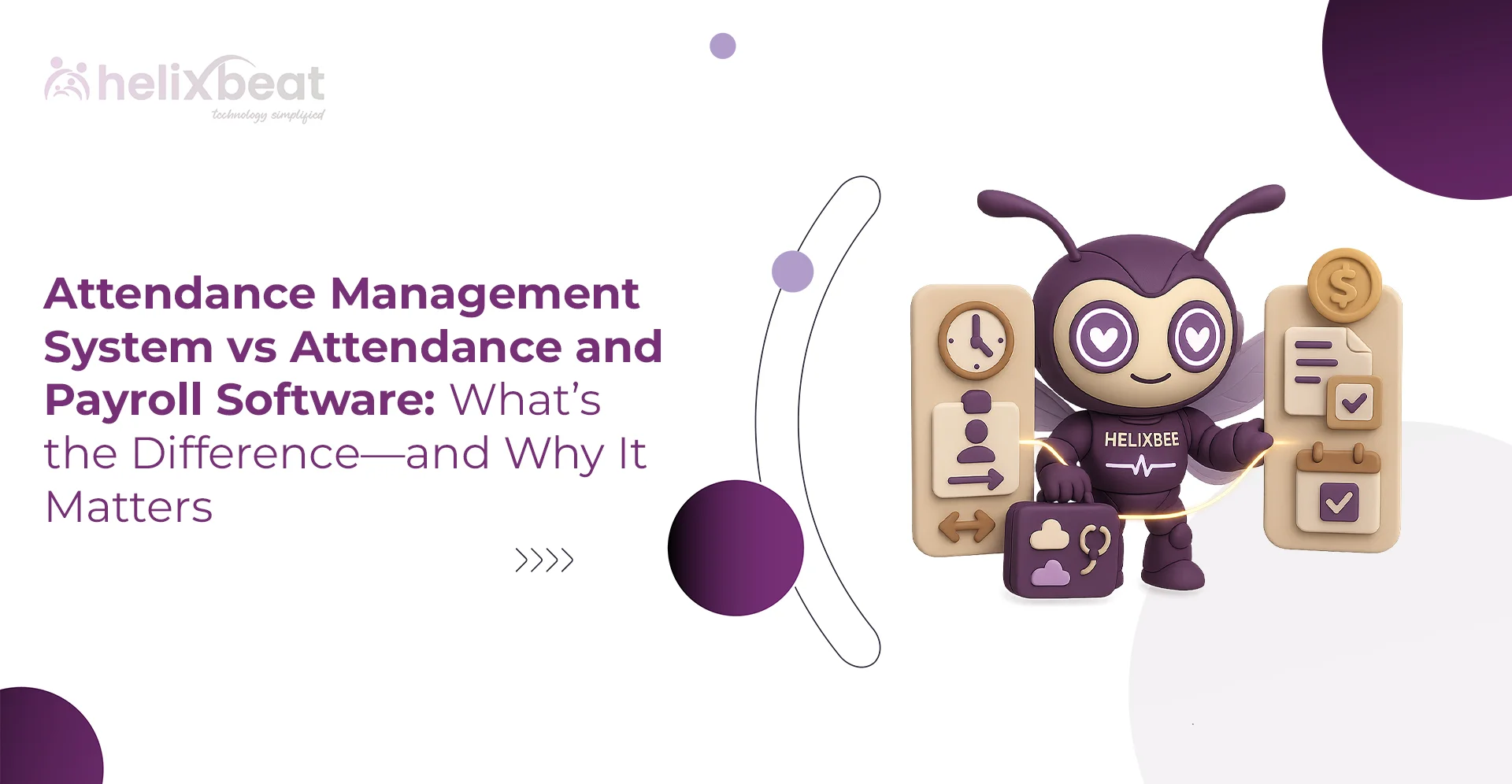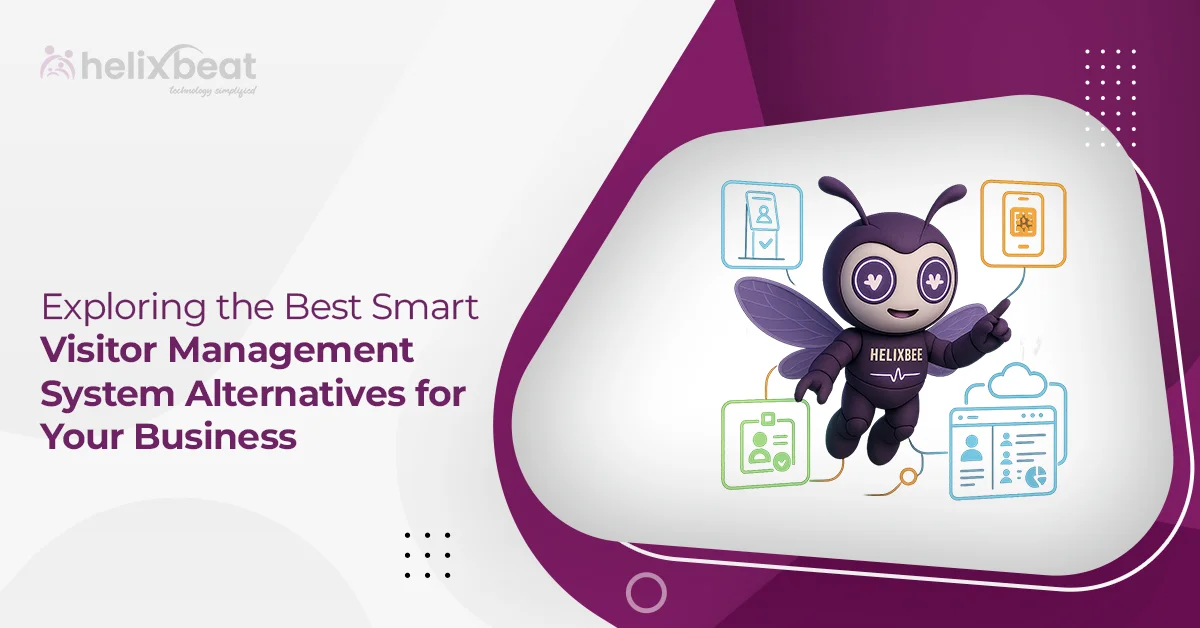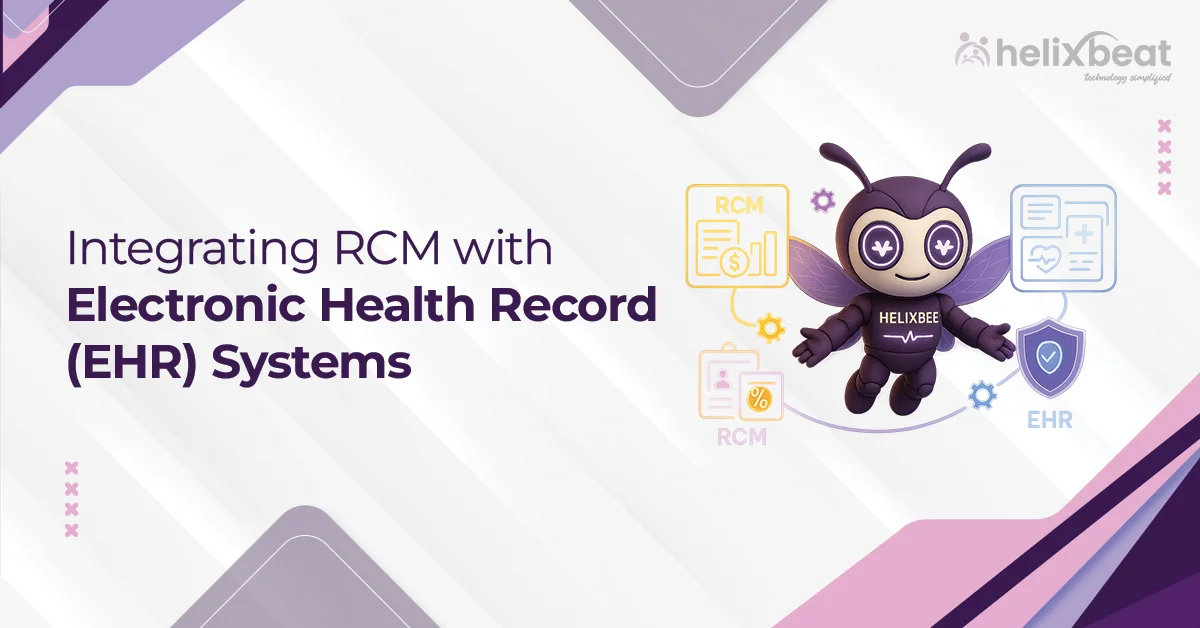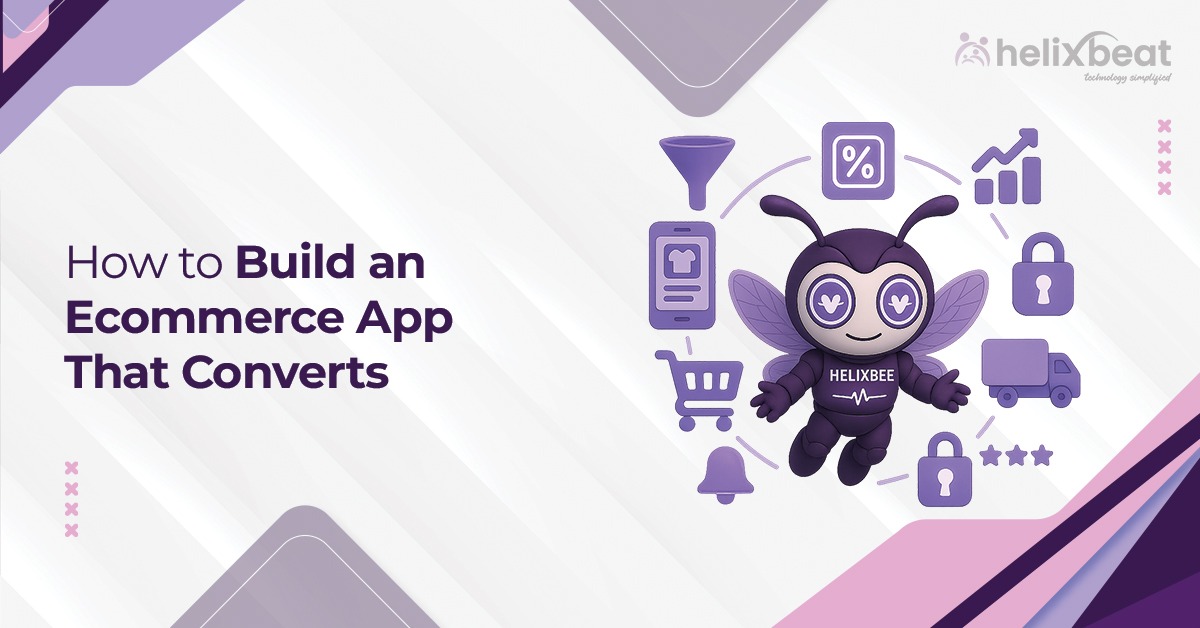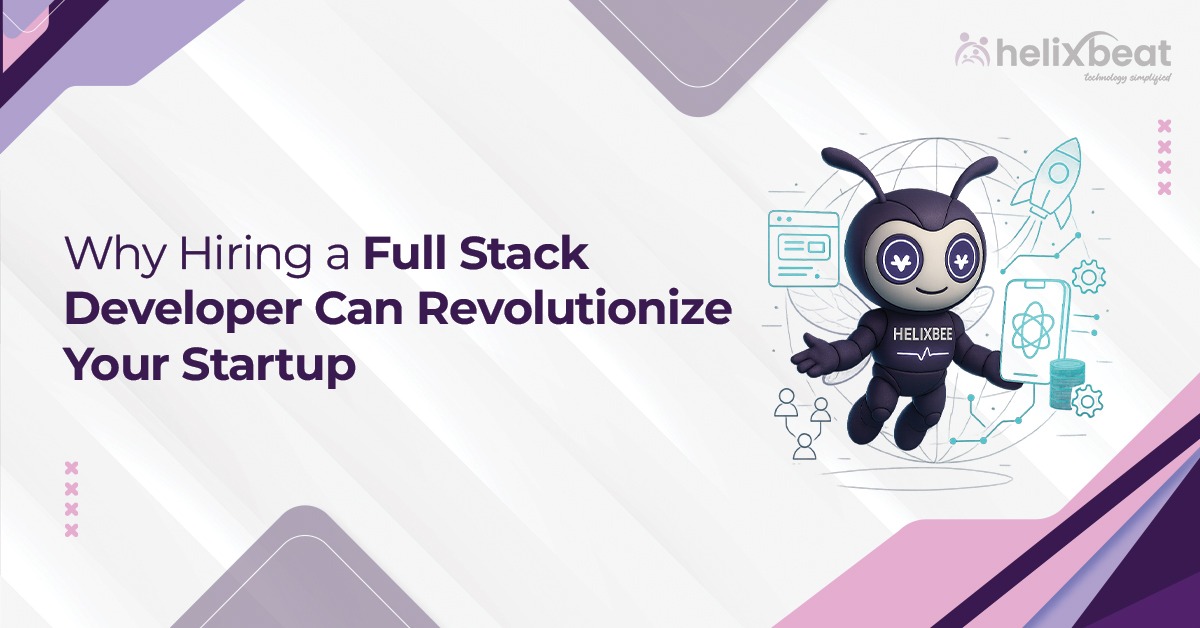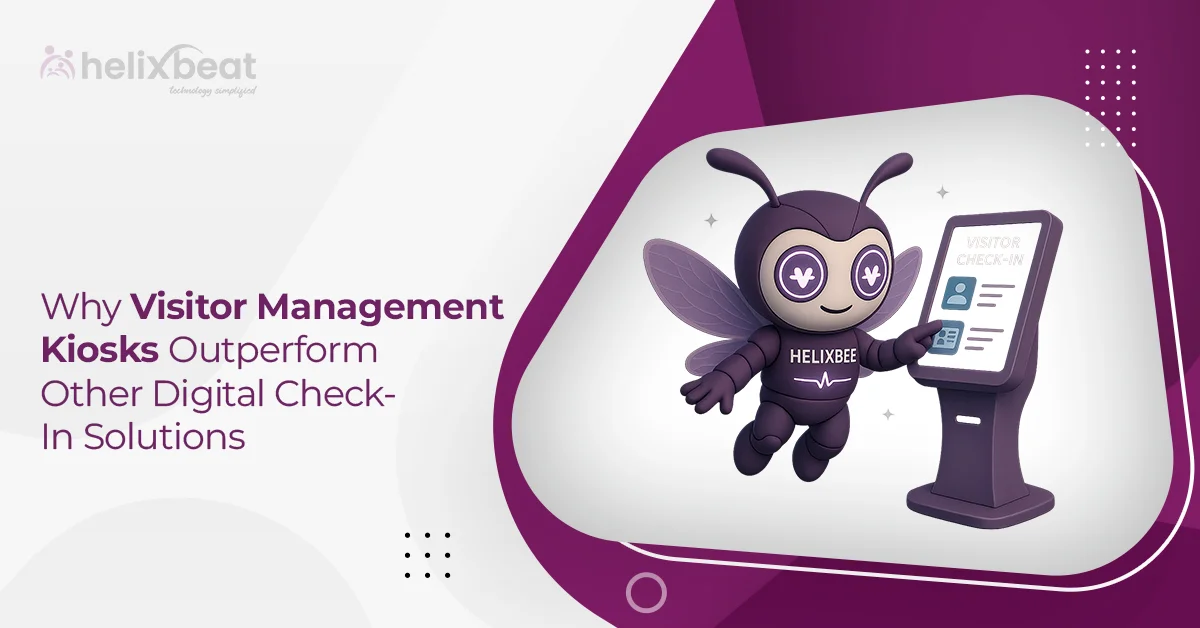SEO for law firms is one of the multiple essential strategies for increasing online visibility. When implemented perfectly, SEO helps your firm rank high in Google and Bing for search results for applicable legal keywords. It enhances the discoverability of your website, getting in more organic traffic, and ultimately converting visitors into clients.
In this blog, we will explore how patient management software can not only streamline operations but also increase employee confidence and overall productivity.
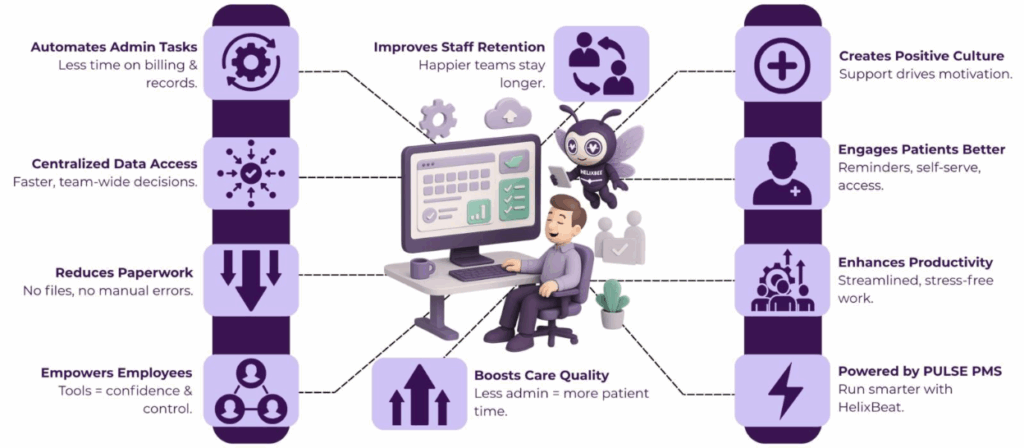
Table of Contents
How Patient Management Software Reduces Administrative Burden
One of the primary reasons healthcare organizations implement patient management software (PMS) is to streamline administrative processes, enabling staff to focus more on direct patient care. Here’s how patient management software can significantly reduce the administrative workload:
1. Automating Routine Tasks
One of the most significant ways patient management software reduces administrative tasks is by automating time-consuming processes, including:
- Appointment Scheduling: Automatically schedule patient appointments, send reminders, and manage cancellations, minimizing administrative effort and reducing human error.
- Billing and Payments: PMS automates billing cycles, payment tracking, and insurance claims. This ensures that billing is accurate and timely, while reducing the time staff spends on manual invoicing and reconciliation.
- Patient Record Management: The software automatically updates patient records as new information is entered, ensuring that patient data is always up-to-date and eliminating the need for manual data entry.
2. Centralized Data Access
A key feature of patient management software is centralized data storage, which provides healthcare providers with immediate access to patient information. This centralization offers several benefits:
- Faster Decision-Making: With all patient data stored in one location, healthcare providers can quickly access up-to-date patient records, including medical history, prescriptions, lab results, and appointment history.
- Improved Collaboration: Centralized data ensures that all members of the care team—doctors, nurses, administrative staff—have access to the same patient information, fostering better collaboration and reducing miscommunication.
- Enhanced Workflow: Healthcare staff can access patient data in real-time, which speeds up decision-making, reduces delays, and eliminates the time spent searching for paper records or scattered digital files.
3. Reducing Paperwork
In a traditional healthcare environment, managing paper records is time-consuming and prone to errors. Patient management software helps by digitizing records, which offers several advantages:
- Paperless Operations: By converting physical patient records into digital formats, PMS eliminates the need for manual filing, storing, and retrieving paper records, which can be tedious and space-consuming.
- Improved Accuracy: Digital records reduce the risk of errors associated with handwriting and manual data entry. Additionally, automated processes ensure that records are consistently updated and easily accessible.
- Regulatory Compliance: Digital records are often easier to manage in compliance with healthcare regulations (e.g., HIPAA), as the system automatically encrypts and secures patient data, ensuring privacy and confidentiality.
Benefits of Empowering Employees in Healthcare Organizations
When healthcare staff are empowered, they are better equipped to manage daily tasks, make informed decisions, and deliver higher-quality care. By combining patient management software and other tools, healthcare organizations can seriously enhance employee satisfaction, retention, and overall performance.
Here are some key benefits of employee empowerment in healthcare:
1. Increased Job Satisfaction
When employees have access to the right tools, such as a patient management app, they can complete their tasks more efficiently, reducing stress and increasing job satisfaction. Here’s why it works:
- Streamlined Workflows: Patient management software automates repetitive tasks, such as scheduling, record-keeping, and billing, allowing employees to focus on more critical, value-added activities, like patient care.
- Reduced Stress: With less time spent on administrative work, healthcare employees feel less overwhelmed and more in control of their workload.
- Feeling Valued: Empowered employees are more likely to feel competent and valued when they have the tools to excel at their jobs. This increases overall job satisfaction.
Get a Free Demo of HelixBeat’s Patient Management System
2. Higher Employee Retention
Employee retention is a significant challenge in the healthcare industry; however, empowerment can make a meaningful difference. Empowered employees are more likely to stay with an organization for a long time. Here’s how empowerment impacts retention:
- Autonomy in Decision-Making: Empowering healthcare staff with patient engagement solutions enables them to make informed decisions related to patient care and their work processes, thereby increasing job satisfaction.
- Supportive Environment: Offering support in the form of training, recognition, and tools to ease their workload, such as patient management software, shows that the organization values its staff.
- Reduced Turnover: Empowered employees are more engaged and committed to the organization, which in turn reduces turnover rates and lowers the costs associated with recruiting and training new staff.
- By providing employees with the right tools and autonomy, healthcare organizations can reduce turnover and cultivate a loyal, experienced workforce.
3. Improved Care Delivery
Empowering healthcare employees with patient management software and other tools directly leads to better patient care. Here’s why:
- Better Decision-Making: With real-time access to patient information, healthcare staff can make quicker, more informed decisions that benefit patient health outcomes.
- Quality of Care: Empowered employees who feel confident in their roles are more likely to deliver high-quality care. They have more time to engage with patients, providing personalized attention and treatment.
- Improved Patient Interaction: When staff have fewer administrative tasks to handle, they can spend more time interacting with patients, resulting in enhanced patient satisfaction and improved overall care quality.
- Empowering staff not only enhances their performance but also positively impacts the quality of patient care, ultimately leading to improved health outcomes and increased patient retention.
4. Empowering Healthcare Staff Creates a Positive Work Culture
When employees feel valued, supported, and empowered, it fosters a positive work environment. This positive culture has far-reaching effects:
- Enhanced Collaboration: Empowered employees are more likely to collaborate with colleagues, sharing insights and improving team dynamics.
- Increased Motivation: Employees who feel empowered are more motivated to exceed expectations in their roles, contributing to a more productive workplace.
- Stronger Organizational Culture: When employees feel empowered, they contribute to a culture of innovation, improvement, and patient-centered care.
How Patient Engagement Software Improves Productivity
Patient engagement software is a crucial component of any patient management system, playing a key role in enhancing the overall productivity of healthcare organizations. It simplifies patient communication, boosts compliance, and enhances patient satisfaction, ultimately leading to enhanced operational efficiency. Let’s explore how patient engagement solutions directly contribute to a more productive healthcare environment.
1. Better Patient Communication
Effective communication between healthcare providers and patients is key to improving productivity, and patient engagement software plays a crucial role in this.
- By sending automatic appointment reminders, medication alerts, and follow-ups, patient engagement software reduces the need for staff members to issue manual reminders. This saves time and reduces the chance of missed appointments.
- Patients can update their personal information, request prescriptions, and access medical records through self-service portals, reducing the administrative workload on staff.
2. Streamlined Communication Channels
- Secure messaging and digital platforms ensure that communication between patients and healthcare providers is fast, effective, and paper-free.
- By automating communication and providing patients with easy access to their information, patient engagement software significantly reduces the administrative burden, enabling healthcare staff to focus on more critical tasks, such as diagnosis and treatment.
3. Enhanced Patient Compliance
Patient engagement software has a direct impact on patient compliance with treatment plans, which is crucial for enhancing health outcomes and minimizing follow-up work for healthcare staff.
- With features like symptom tracking, medication adherence reminders, and follow-up alerts, patients are more likely to stay on track with their care plans.
- Automated reminders and easy rescheduling options decrease the likelihood of missed appointments, ensuring patients remain engaged in healthcare.
- Patient engagement solutions often enable personalized care, which increases patient buy-in and makes them more likely to adhere to prescribed treatments.
4. Improved Patient Satisfaction
One of the primary objectives of any healthcare organization is to enhance patient satisfaction. Patient engagement software has a significant impact in this area:
- When patients have access to their health records, test results, and appointment schedules through patient management apps, they feel more informed and in control of their healthcare journey.
- Providing patients with the ability to access their medical information, schedule appointments, and communicate directly with healthcare providers through a mobile app or portal improves the overall patient experience.
Exploring Types of Employee Empowerment in Healthcare
Employee empowerment comes in many forms. Here are the key types that can be integrated into healthcare organizations through patient management apps:
- Autonomy
- Skill Development
- Access to Resources
To Sum It Up
In conclusion, empowering healthcare staff with a patient management system (PMS) is crucial for reducing administrative burdens and boosting productivity. By streamlining tasks such as patient record management, scheduling, and billing, a PMS enables healthcare workers to focus more on patient care and less on time-consuming administrative tasks. Features such as real-time data access, task management, and enhanced coordination between teams can significantly improve operational efficiency and patient satisfaction.
Investing in PULSE by HelixBeat not only enhances your team’s efficiency but also improves patient outcomes and organizational success. Empower your staff today and transform your healthcare practice with the power of PULSE.
Try HelixBeat’s PULSE patient management software today and transform the way your organization operates!
FAQs
- What is a patient management system (PMS)?
A patient management system (PMS) is software that helps healthcare providers manage patient data, appointments, billing, and communication. It streamlines administrative tasks, improves operational efficiency, and enhances patient care.
- How does patient management software reduce administrative burden?
Patient management software automates time-consuming tasks such as appointment scheduling, patient record updates, and billing. This reduces the amount of manual labor required, freeing up staff to focus on patient care.
- How does a PMS improve staff productivity?
By automating routine tasks and providing easy access to patient data, a PMS allows staff to perform their tasks more efficiently. This reduces delays, minimizes errors, and enhances overall productivity within healthcare organizations.
- What are the benefits of patient engagement software?
Patient engagement software improves communication between patients and providers, offers self-service options, and encourages active patient engagement. This leads to better patient outcomes, higher satisfaction, and improved retention.
- What is the role of a patient management app in healthcare?
A patient management app enables healthcare providers to access patient records, track appointments, and communicate with patients through a mobile device. It helps streamline workflows and offers greater flexibility for healthcare teams.
- How does a PMS help with patient retention?
A patient management system ensures accurate and timely communication, offering automated reminders and follow-ups. This enhances patient satisfaction and encourages them to return for future appointments, improving retention.
- How does a PMS improve patient care?
A PMS allows healthcare providers to access real-time patient data, improving decision-making and ensuring that all patient information is up to date. This leads to more personalized, timely, and effective patient care.
- What are the key features of a patient management system?
Key features of a patient management system include appointment scheduling, patient record management, billing and invoicing, real-time data access, secure patient communication, and integration with other healthcare systems.
- How do I calculate ROI with a patient management system?
To calculate ROI with a PMS, evaluate the cost savings from reduced administrative labor, fewer errors, and improved operational efficiency. Also, consider how the system enhances revenue through better billing and patient retention.
- What are the types of employee empowerment in healthcare organizations?
Employee empowerment in healthcare can include autonomy in decision-making, skill development through training, and access to tools like patient management apps that streamline tasks and improve productivity.
- How does empowering employees improve productivity in healthcare?
Empowering employees by giving them the tools and autonomy to manage their tasks more efficiently leads to increased job satisfaction, better performance, and enhanced overall productivity.
- Why is a patient management system important for healthcare organizations?
A patient management system is essential for improving efficiency, reducing errors, enhancing patient care, and ensuring compliance with regulations.



